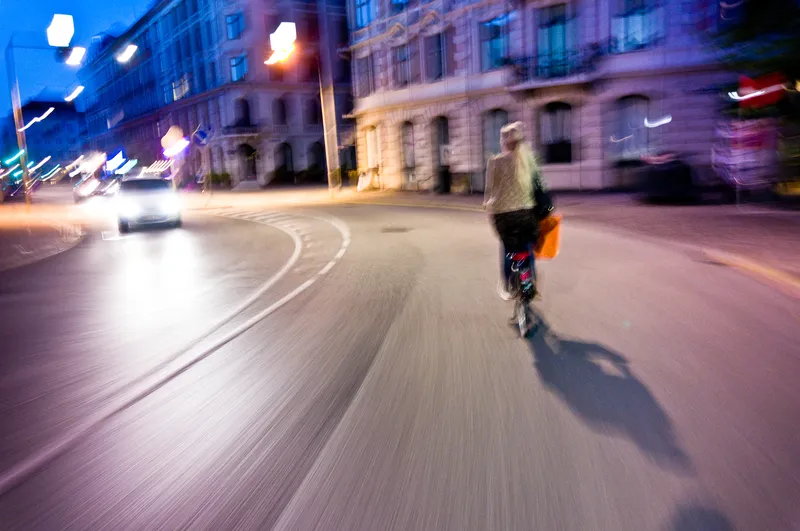Amsterdam’s Here Technologies has partnered with fabless semiconductor company Decawave to develop a solution that tracks assets in indoor environments. The partnership believes the technology could be applied to automated valet parking for driverless vehicles. The product will feature Decawave’s ultra-wideband (UWB) chipset technology to track objects and people with a 10cm-level precision in indoor environments. UWB signals are intended to provide accurate positioning capabilities that can be harnessed
June 6, 2018
Read time: 1 min
Amsterdam’s
The product will feature Decawave’s ultra-wideband (UWB) chipset technology to track objects and people with a 10cm-level precision in indoor environments.
UWB signals are intended to provide accurate positioning capabilities that can be harnessed in wireless systems.
Both companies expect to make the solution available later this year.








